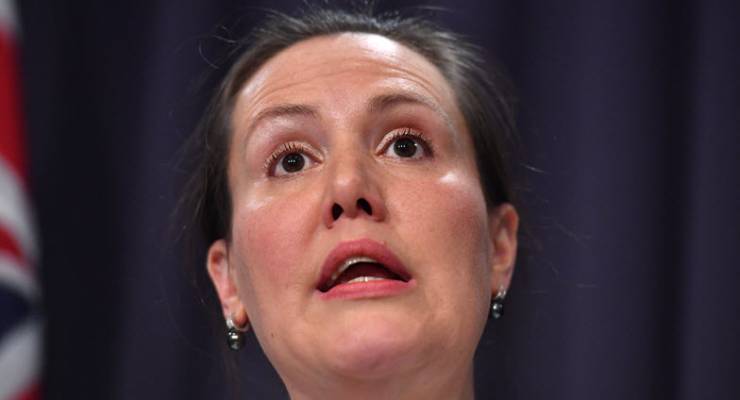
The government will move to address a key flaw in Australia’s whistleblower protection framework in landmark changes unveiled by Minister for Revenue and Financial Services Kelly O’Dwyer that will take Australia close to world’s best practice.
In recent years, the Commonwealth significantly strengthened protection for public service whistleblowers in a process led by Labor’s Mark Dreyfus, but protection for private sector whistleblowers have been poor and fragmented, as a 2014 international survey showed. Now O’Dwyer has released for comment a new set of protections for corporate whistleblowers that represents a huge improvement on existing protections. The Treasury Laws Amendment (Whistleblowers) Bill 2017 will, if enacted in its current form, will
- for the first time, provide a consistent framework for corporate whistleblowers no matter in which industry they work
- expand the definition of protected whistleblower to encompass former staff, directors, contractors and their staff, and whistleblowers’ families
- significantly expands the scope of conduct that can be disclosable from its current narrow definition;
- replaces a “good faith” test for whistleblowers with a test about possession of a “reasonable suspicion”
- drastically expands the prohibition on revealing the identity of a whistleblower, and removes circumstances where disclosure is required, such as in court. There will be a new civil offence of disclosing a whistleblower’s identity with a maximum penalty of $200,000 for an individual and $1 million for a corporation.
- large companies will be required to have a disclosure policy
- existing prohibitions on reprisals will be revamped and compensation for reprisal made easier to obtain;
- the list of bodies and people to whom a protected disclosure can be made will be expanded to include not just regulators and auditors but officers of a company, senior managers, lawyers and, potentially, a designated independent disclosure entity such as “a person authorised by the body corporate to receive disclosures that may qualify for protection.”
The bill also provides a framework for going to the media or a politician, when “wrongdoing may be of such gravity and urgency that disclosure to the media or a parliamentarian is justified.” The whistleblower must have approached a regulator with the information and waited “a reasonable period” and (crucially), the whistleblower must have “reasonable grounds to believe that there is an imminent risk of serious harm or danger to public health or safety, or to the financial system, if the information is not acted on immediately.” But the disclosure can’t be on social media or to a blogger — it must be to a journalist or parliamentarian.
While there is no provision for US-style bounties, whereby whistleblowers received a portion of the fine or damages imposed by regulators on companies as a result of their actions, the bill goes a long way to addressing the two biggest impediments to whistleblowers: the threat of losing their anonymity, and the threat of reprisals once that anonymity is lost.
The bill draws on many of the concepts that underpin the public service whistleblower act, the Public Interest Disclosure Act, but surpasses it in one crucial area. Public servants can only go outside public service agencies e.g. to a journalist or parliamentarian — if they have met a series of tests: they must have already made an internal disclosure, waited for an investigation, or at least 3 months if no investigation is made, decide that the investigation or response was inadequate, and only disclose the bare minimum information. And that doesn’t apply to intelligence agencies — they can get away with murder and intelligence officers still aren’t allowed to tell anyone.
O’Dwyer’s draft is a big, and welcome, step forward for whistleblower protection that sets a new standard in Australia. And the government itself should live up to it as well.








Our recovering (?) neolib BK has an unfortunate tendency to constantly re-use hot key phrases to save having to think anew.
It is utterly untrue that “the Commonwealth significantly strengthened protection for public service whistleblowers in a process led by Labor’s Mark Dreyfus – it made the situation worse, as he describes at the end of the article.
Imagine someone in the PS having to inform senor officers of their culpability/complicity in some abuse then docilely waiting 3 months for the next step, meanwhile on punishment postings filling out their CVs for finding work in some other field.